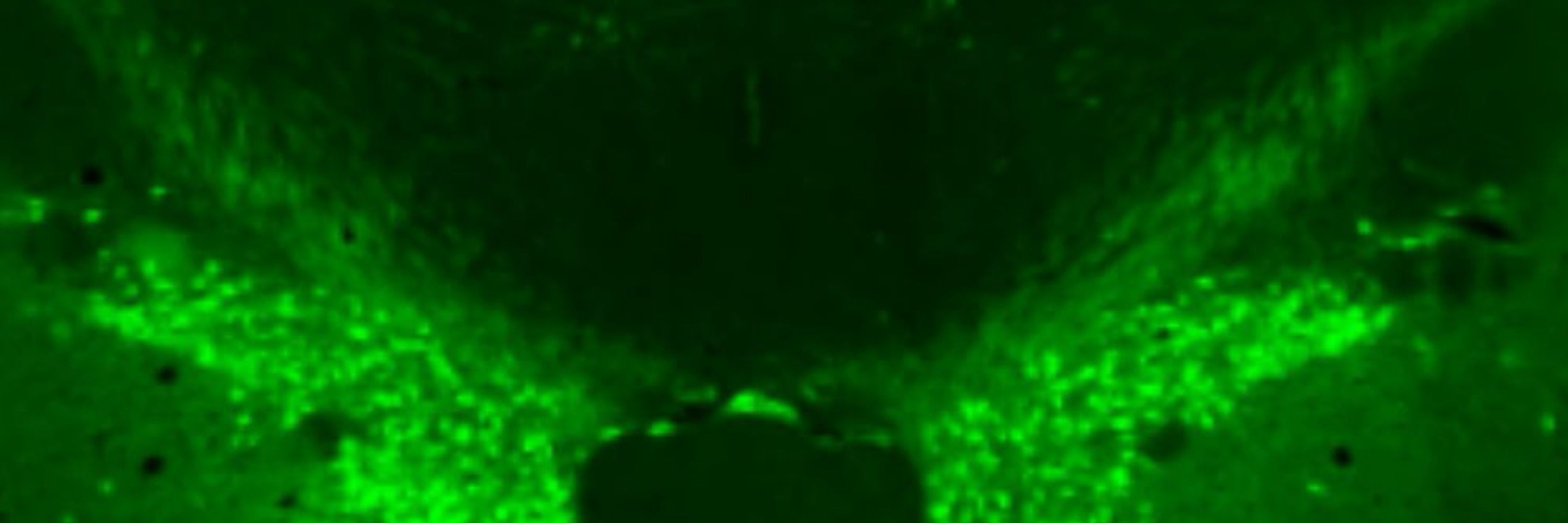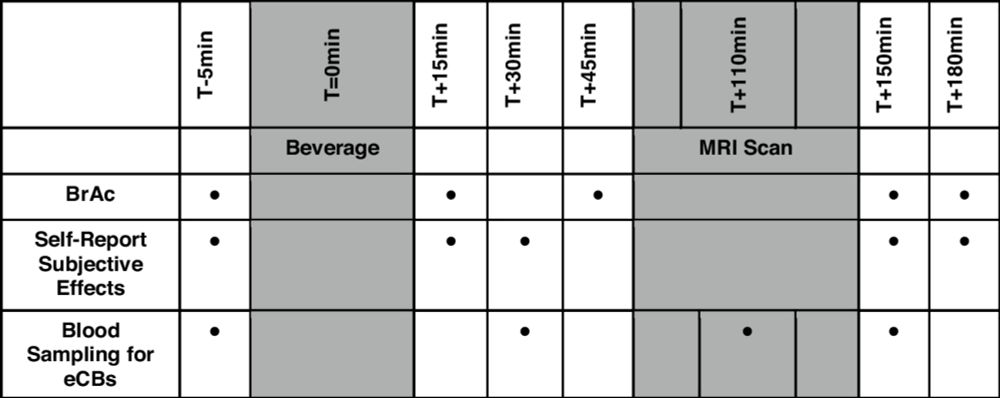

Trans rights are human rights. I will always fight to make sure you can be who you are — openly, safely, and proudly.

Trans rights are human rights. I will always fight to make sure you can be who you are — openly, safely, and proudly.

www.raajgowrishankarlab.org
www.raajgowrishankarlab.org
#neuroskyence
#neuroskyence



go.nature.com/47zrzYZ

go.nature.com/47zrzYZ

She explored how MDMA & methamphetamine impact cortisol, endocannabinoids, & BDNF levels in healthy humans and how this relates to the subjective drug experience 💊👇

She explored how MDMA & methamphetamine impact cortisol, endocannabinoids, & BDNF levels in healthy humans and how this relates to the subjective drug experience 💊👇

www.science.org/doi/10.1126/... 🧵 1/n

www.science.org/doi/10.1126/... 🧵 1/n
Briefly, it demonstrates that the gut-brain vagal axis exerts a considerable influence on dopamine-dependent reward-related processes...
1/n
www.biorxiv.org/content/10.1...

Briefly, it demonstrates that the gut-brain vagal axis exerts a considerable influence on dopamine-dependent reward-related processes...
1/n
www.biorxiv.org/content/10.1...

link.springer.com/article/10.1...

link.springer.com/article/10.1...

You’ll either make it or you won’t.
I really wish I had known earlier so I could have skipped all that tiresome practicing.

@deryasargin.bsky.social
@dterstege.bsky.social
@jonathanepp.bsky.social
vist.ly/3n8f76m

@deryasargin.bsky.social
@dterstege.bsky.social
@jonathanepp.bsky.social
Danielle Smith's response: start charging for and limiting vaccines.
edmontonjournal.com/opinion/colu...

Danielle Smith's response: start charging for and limiting vaccines.
edmontonjournal.com/opinion/colu...
I'm removing "trigger words" like "culture, historical, diverse, underserved", and it all just feels so stupid. #medsky



